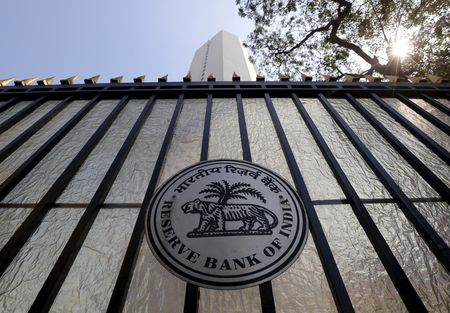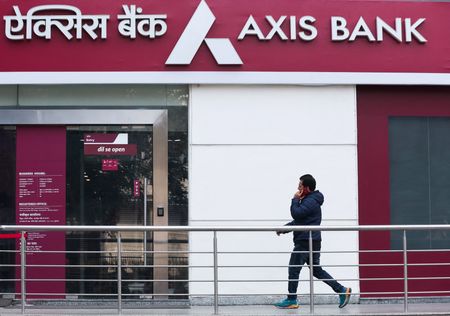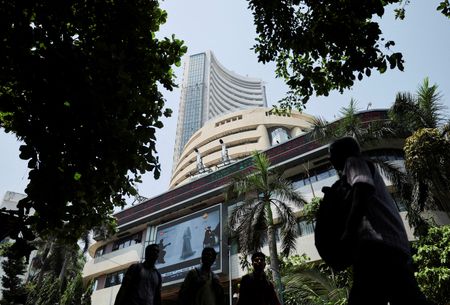(Refiles to add dropped words in paragraph 7)
By Tanvi Mehta and Manoj Kumar
NEW DELHI (Reuters) -India on Friday implemented four new labour codes, pushing ahead with the biggest overhaul of workers’ laws in decades as Prime Minister Narendra Modi’s government says it seeks to simplify the rules, improve worker protection and liberalise conditions for investment.
The labour rules, some dating back to British colonial rule, have long been seen by businesses as a drag on India’s manufacturing sector, which contributes less than a fifth to the country’s nearly $4 trillion economy.
However, unions remain sharply opposed to the changes, which formally became law on Friday five years after being passed by parliament.
EASIER HIRE AND FIRE; GIG WORKERS GET NEW PROTECTIONS
Alongside social security and minimum wage benefits, the new rules also allow longer factory shifts and night work for women and raise the threshold for firms requiring prior approval for layoffs from 100 to 300 workers, giving companies greater flexibility in workforce management.
The codes define gig and platform work for the first time, expanding legal and social protection to workers outside traditional employment structures.
The gig workforce has surged since the pandemic, with more than 23.5 million expected to be employed in the sector by 2030, up from around 10 million in 2024/25, according to government think tank NITI Aayog.
Despite parliamentary approval in 2020, Modi’s Bharatiya Janata party had until now not been able to implement the laws uniformly across the country due to political resistance and opposition from some unions.
Strengthening the manufacturing sector is key to creating jobs in the world’s most populous country.
The labour ministry said the codes — covering wages, industrial relations, social security and occupational safety — would “ensure better wages, safety, social security and welfare for the country’s workforce”.
The codes will replace 29 existing laws.
ECONOMIST EXPECTS SHORT-TERM HIT BUT LONG-TERM GAINS
Economists say the reforms could weigh on small firms initially but strengthen protections and incomes over time.
“In the short term, they may hurt small, unorganised firms, but in the long run … with minimum wages and increased social security, it could be positive for both working conditions and consumption,” said Devendra Kumar Pant, chief economist at India Ratings & Research.
Trade unions remain deeply critical of the reforms.
“The labour codes have been implemented despite strong opposition from the trade unions and it will snatch the workers’ rights including fixed-term jobs and rights available under the earlier labour laws,” said Amarjeet Kaur, national general secretary of the All India Trade Union Congress.
Modi defended the overhaul, saying on X the codes would serve as “a strong foundation for universal social security, minimum and timely payment of wages, safe workplaces and remunerative opportunities,” adding that the reforms would boost job creation and productivity.
The ministry added: “With expanded social security, stronger protections and nationwide portability of entitlements, the codes place workers, especially women, youth, unorganised, gig and migrant workers, firmly at the centre of labour governance.”
(Reporting by Tanvi Mehta, Manoj Kumar; Editing by YP Rajesh and Alison Williams)











